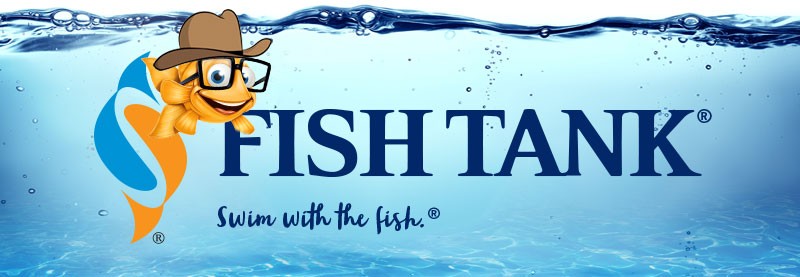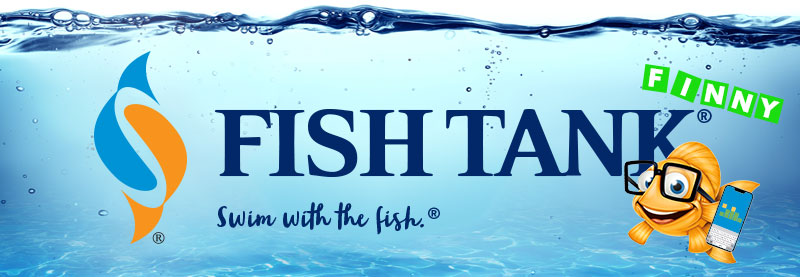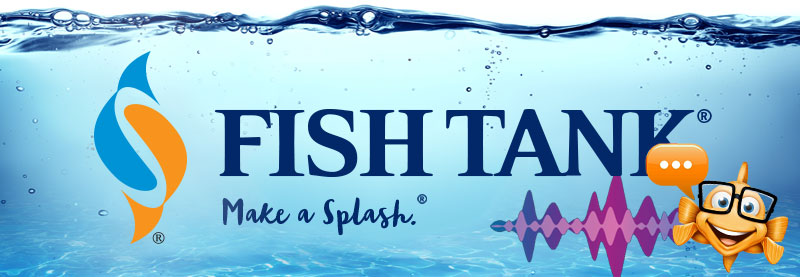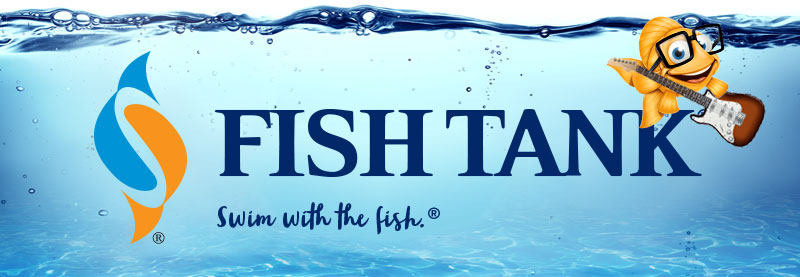Intellectual Property Insights from Fishman Stewart PLLC
Newsletter – Volume 23, Issue 13
Share on Social

Supreme Court to VIP: Bad Spaniels, Bad.
In a rare unanimous decision, the Supreme Court sided with Jack Daniel’s Properties, reversing the Ninth Circuit decision that found VIP Products’ dog chew toy (shown on the right, below) a non-infringing parody of the trademark rights Jack Daniel’s holds in its name JACK DANIEL’S, OLD NO. 7, the label, and bottle design (shown on the left, below). 
As my colleague Michelle L. Visser previously wrote, the Supreme Court had a rare bit of fun in the hearings for this case. This time, the fun was all of the whiskey-toasting variety!
The Supreme Court’s opinion was crafted narrowly and, in this writer’s opinion, reasonably. It saw the key issue as this: VIP Products used BAD SPANIELS and similar trade dress (bottle shape and label design) as source identifiers (as trademarks) for the goods—points VIP conceded. As the Supreme Court said, that meant the protective legal test for parody and the statutory carve-out from dilution liability both were inapplicable here.
The packaging which VIP Products used for its dog toys displayed BAD SPANIELS as a trademark (shown below), and the Court particularly noted the packaging in reversing the Ninth Circuit.

Ultimately, the Supreme Court struck a very thoughtful balance, protecting trademarks from being traded on by others without having to wade into issues for protection of speech for non-trademark-use parodies.
So, take heart, doggy-do parody lovers, there’s still Schlitz beer which remains ripe for a second go at the Old No. 2 pun. Just, don’t use a mark to hit that mark (and consult with an attorney first!). In all seriousness, this case preserved protections for expression in commerce, even noting that often trademarks are highly expressive beyond their source-identifying attributes, and that’s what the federal trademark act protects. While the line between free speech and trademark infringement is sometimes difficult to decipher, the opinion of the Justices here stands out for its care in achieving a narrow—and unanimous—decision.
Alexander JSW Johnson is an attorney at Fishman Stewart with more than 10 years of extensive experience in trademark and intellectual property matters. He works in the firm’s Trademark Practice Group. He holds a B.A. in Art (studio emphasis) and Journalism. Check out his full bio here.
Related Content from Fishman Stewart
Car enthusiasts are buzzing about Alfa Romeo's latest SUV which is also its first EV (plus a hybrid option). Initially branded as “Milano,” the name was changed to "Junior" after it was announced that the car would be produced in Poland.
The online word game Wordle was created in 2021 by Josh Wardle and quickly rose in popularity. Players receive a new puzzle daily with six chances to correctly guess a five-letter word of the day with limited clues.
In a recent decision, the U.S. Court of Appeal for the Eighth Circuit affirmed a jury verdict holding that the use of the "Success Kid" meme by a congressman's reelection campaign for fundraising purposes did not qualify as fair use.
In February 2024, proposed legislation was introduced in US House of Representatives which would extend copyright protection to golf courses. The bill is titled “Bolstering Intellectual Rights against Digital Infringement Enhancement Act” or the “BIRDIE Act”.
OpenAI recently held a live demonstration of a new ChatGPT version that included the use of an AI personal assistant voice dubbed “Sky.” Many observers compared Sky to Scarlett Johansson’s voice in the 2013 Spike Jonze romantic sci-fi film “Her,” which centers on a man who falls in love with the female voice of his computer’s operating system.
June is Pride Month, which honors the 1969 Stonewall Uprising in Manhattan and recognizes the impact that lesbian, gay, bisexual, and transgender (LGBTQ+) individuals have had on history locally, nationally, and internationally. The United States Patent and Trademark Office flies the Pride Flag and promotes the Pride community’s contributions with programming offered annually.
First-time inventions have led inventors to great successes throughout history, sometimes immediately, sometimes after several more attempts at more useful inventions. In the U.S., two very famous inventors with contrasting first-time experiences are Thomas Edison and Alexander Graham Bell.
June is Pride Month. This year we are celebrating with some IP tips for drag performers! Drag performers can protect their intellectual property by registering the copyrights in their original works of music, choreography, and comedy sketches.
Bands often start out as creative endeavors among friends, and bands may not prove lucrative for many years, if at all. Until bands break up, thought and planning may not be given to who is the owner of the band names and entitled to use them going forward.
You’re rarely more than a few yards from Finny’s favorite chips, semiconductor chips to be precise. But what exactly is a semiconductor chip?
IDENTIFYING, SECURING AND ADVANCING CREATIVITY®
















